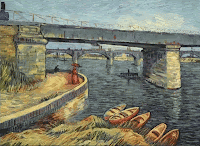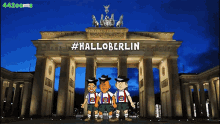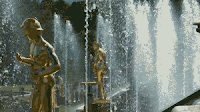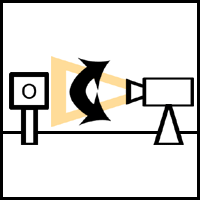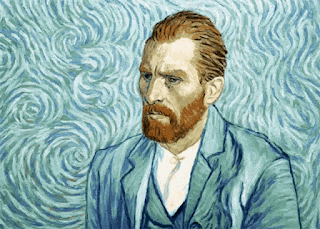A cinematographer or director of photography (sometimes shortened to DP or DOP) is the chief over the camera crews working on a film, television production or other live action piece and is responsible for making artistic and technical decisions related to the image. The study and practice of this field is referred to as cinematography. Some filmmakers say that the cinematographer is just the chief over the camera and lighting, and the director of photography is the chief over all the photography components of film, including framing, costumes, makeup, and lighting, as well as the assistant of the post producer for color correction and grading.
The cinematographer selects the camera, film stock, lens, filters, etc., to realize the scene in accordance with the intentions of the director. Relations between the cinematographer and director vary; in some instances the director will allow the cinematographer complete independence; in others, the director allows little to none, even going so far as to specify exact camera placement and lens selection. Such a level of involvement is not common once the director and cinematographer have become comfortable with each other; the director will typically convey to the cinematographer what is wanted from a scene visually, and allow the cinematographer latitude in achieving that effect.












